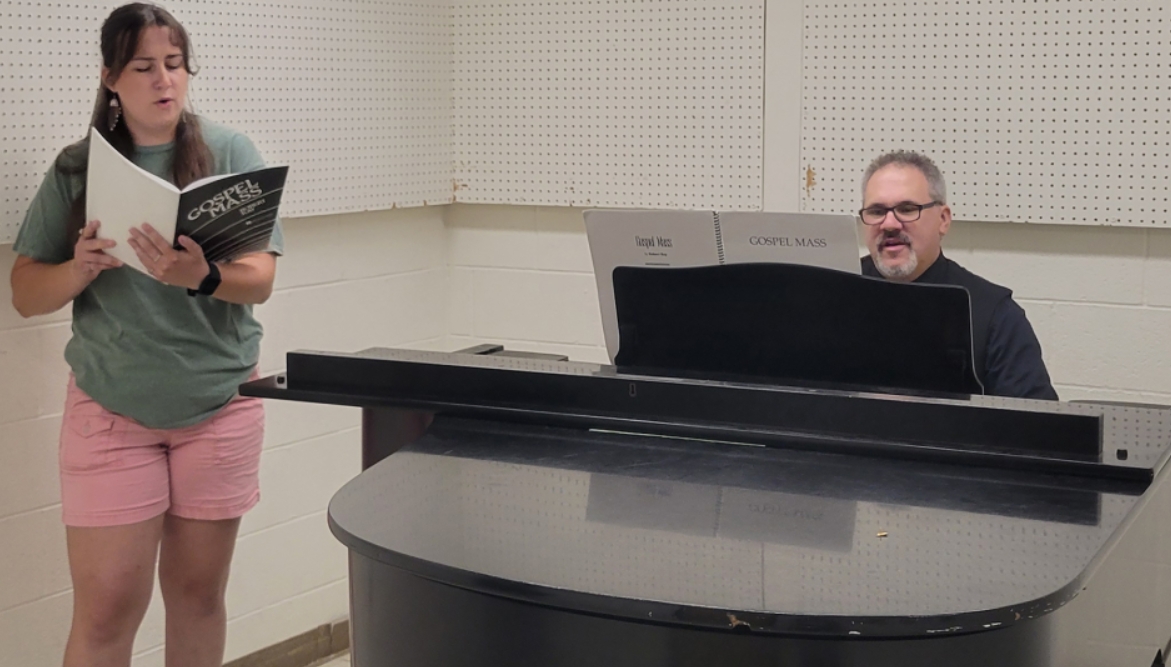WEST LIBERTY, WV – As the seasons change and the days grow shorter, many students find themselves struggling with seasonal depression, Also known as Seasonal Affective Disorder (SAD). The colder months tend to bring feelings of sadness, fatigue, and a lack of motivation. This makes it hard to keep up with schoolwork, extracurricular activities, and social obligations. But there is good news! There are ways to combat these seasonal blues.
Before we get into fighting off these blues, what is seasonal depression? How do you know if that’s what you’re experiencing? When does this happen most? Well, seasonal depression typically occurs in the fall and winter months when there is less natural sunlight. The lack of sunlight can mess with the body’s internal clock and reduce one’s serotonin levels, a neurotransmitter that affects mood (National Institute of Mental Health, 2023).

Symptoms include fatigue and low energy, difficulty concentrating, changes in appetite (especially craving carbohydrates), loss of interest in activities, and social withdrawal. But do not fear, there are ways to combat seasonal depression!
First, Maximize Exposure to Natural Light – One of the most effective ways to combat seasonal depression is to increase exposure to natural light. Spending time outdoors, even on cloudy days, can help regulate mood and energy levels (American Psychological Association, 2022). If possible, students should take short walks outside between classes or sit near windows when studying.
Second, Stay Physically Active – Exercise is a powerful tool for improving mental health. Engaging in regular physical activity, such as yoga, weight training, or even just walking, helps release endorphins, which are natural mood boosters (Harvard Medical School, 2021). Even if it’s cold outside, students can take advantage of indoor gyms or at-home workouts.
Third, Maintain a Balanced Diet – What students eat can impact how they feel. A diet rich in fruits, vegetables, lean proteins, and healthy fats can help maintain stable energy levels and support brain health. Avoiding excessive sugar and processed foods can prevent energy crashes and mood swings (Cleveland Clinic, 2023).
Fourth, which I’m sure will be a favorite but, Prioritize Sleep! – The winter months can disrupt sleep patterns, leading to feelings of exhaustion. Students should aim for 7–9 hours of quality sleep each night by maintaining a consistent sleep schedule and limiting screen time before bed. Creating a relaxing nighttime routine, such as reading or meditating, can also improve sleep quality (National Sleep Foundation, 2022).
Then finally, Stay Socially Connected – While the colder months can make students want to stay inside, social isolation can worsen feelings of depression. Making an effort to stay connected with friends and family, even through virtual hangouts or phone calls, can provide emotional support and a sense of belonging (American Psychiatric Association, 2022).
Seasonal depression can be a difficult challenge for students, but by taking proactive steps to maintain mental and physical health, it is possible to manage and even prevent its effects. Prioritizing self-care, maintaining social connections when needed can make a significant difference in navigating the winter months with a positive mindset.













